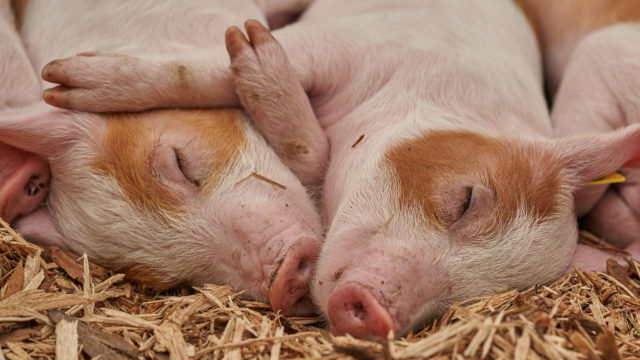Showing 61-70 of 116
-
Writing Letters to the Editors
Letters to the editor are a powerful way to make your voice for animals heard within your larger community. These letters are one of the most widely-read sections of the newspaper. -
How Can Non-Lawyers Get Involved in Animal Law?
There are many ways for non-lawyers to get involved in animal law. Check out ten tips how! -
The Animals’ Advocate
Since 1980, the Animal Legal Defense Fund has been keeping our members and supporters posted on our groundbreaking legal work for animals via our newsletter — first dubbed the Animals’ Advocate back in 1989. -
Tips for Writing to Law Enforcement
Whether writing to a prosecutor, sheriff, investigator or judge, there is no substitute for the most effective way of communicating: letters. -
Animal Cruelty-Free Guide
Purchasing animal cruelty-free products not only helps support good businesses. It also sends a strong message that kindness to animals is profitable, while harming animals is not. -
Plant-Based Kitchens
A greater number of supermarkets are selling already-prepared plant-based meals. And we have more restaurant options than ever—that includes restaurants serving exclusively plant-based food, but also restaurants that have plant-based options on their menu. -
Cruelty-Free Cooking
Cruelty free cooking can be easy. Here are a few of our favorite cookbooks! -
Dining Out
Indian, Chinese, Japanese, Thai, Vietnamese, Korean and Mediterranean restaurants often serve plant-based dishes, and many American, Mexican and Italian-style restaurants do too. -
Your Experience and Knowledge May Qualify You as an Expert Witness
The federal rules of evidence, which govern the introduction of evidence in proceedings in federal court, state that an individual can qualify as an expert witness based on her knowledge, skill, experience, training, or education.










